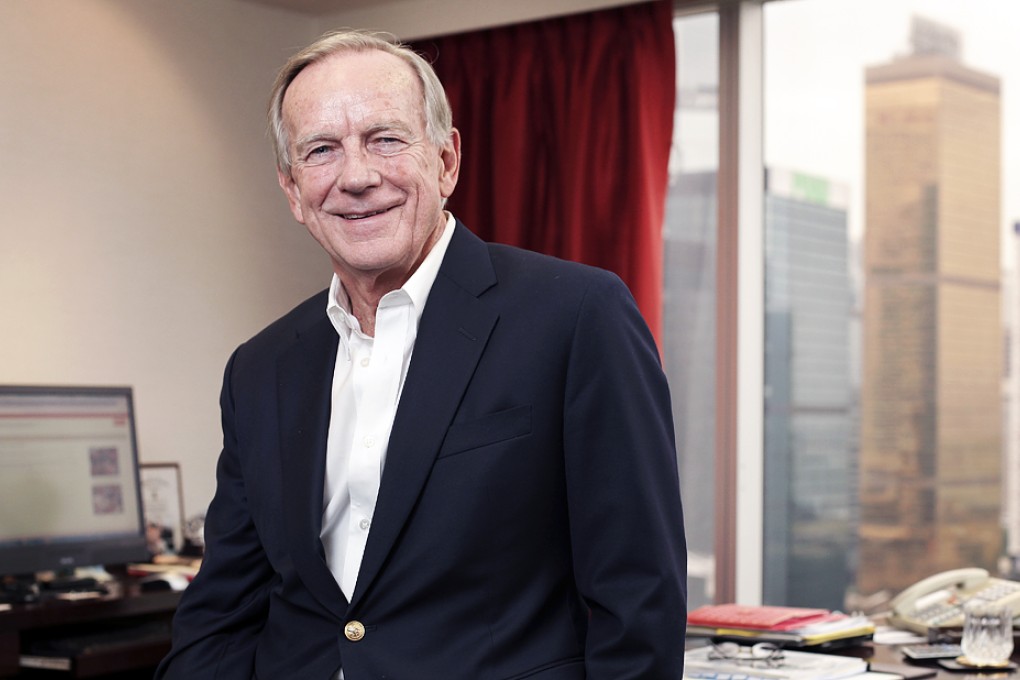New | Crown Worldwide boss cautious on expansion in China
Jim Thompson is the founder of logistics company Crown Worldwide, an 'Asian growth story' that found its success in relocating people and goods

Having spent 50 years in the relocation business, Jim Thompson, the founder and chairman of logistics firm Crown Worldwide Group, has witnessed the evolution of the international expatriate community - from one dominated by people from Europe and North America to a more globalised version. But he remains cautious about expanding in China.
Unlike the more conventional logistics firms, Crown has focused more on moving people around instead of just goods.
As logistics firms benefited from a globalised supply chain, Crown has gained from the globalisation of corporations, which need to assign their executives to different parts of the world.
"When I started, what we thought of a customer was an expat if you had a [list] of all your shipments, Mr Smith and Mr Jones, in Western names," Thompson said.
"That's changed completely now. If you were to look at our board, there would probably be more Asian names, or Indian names."
